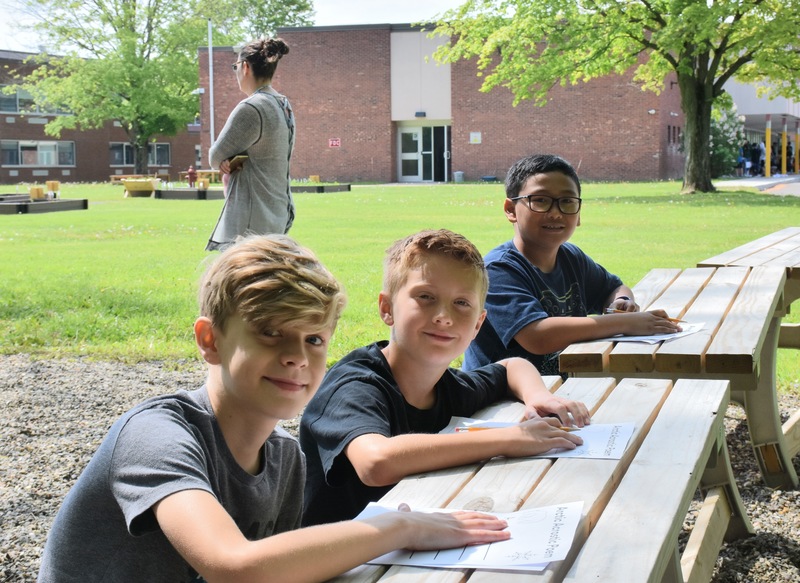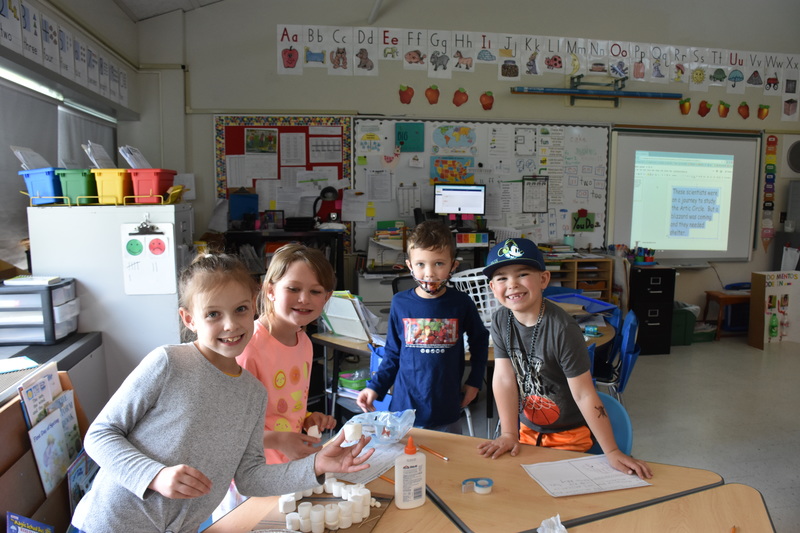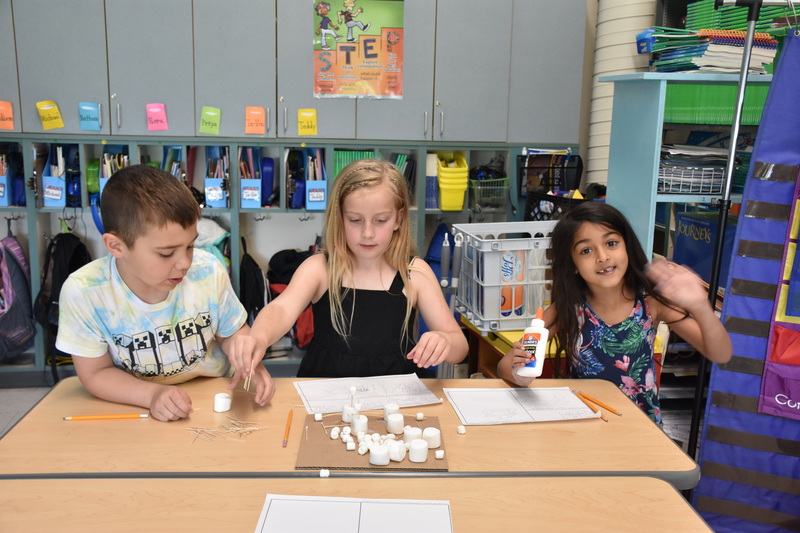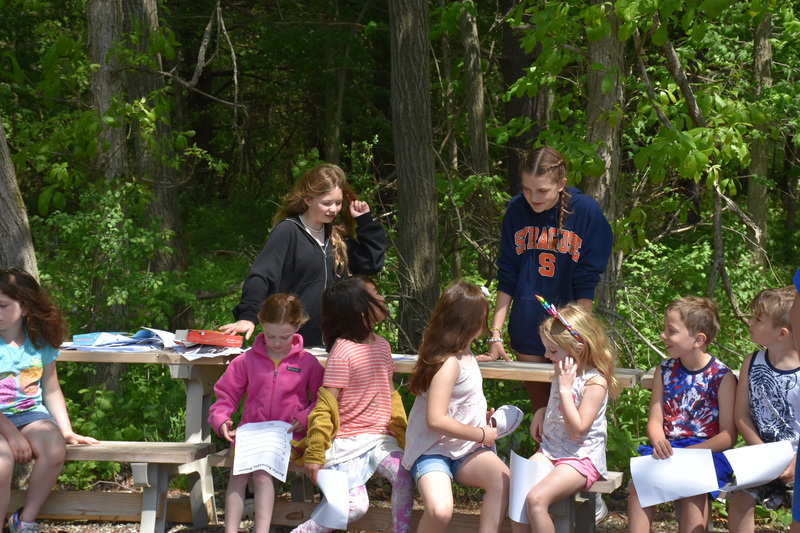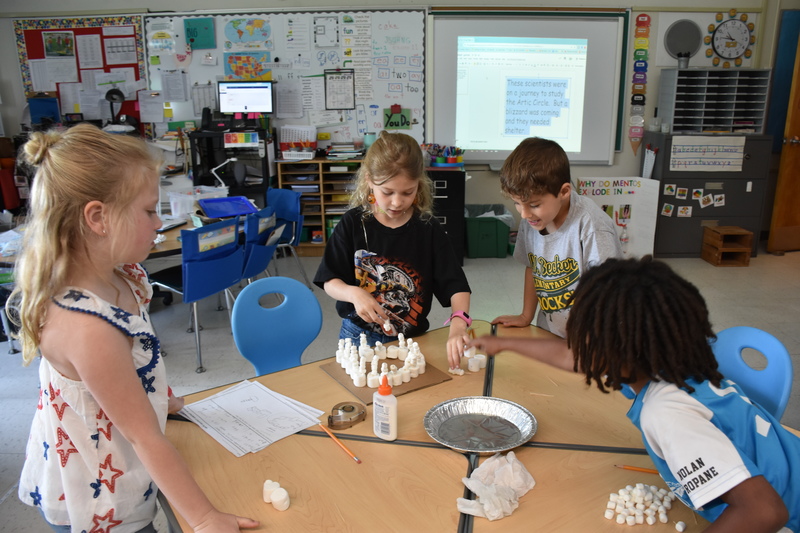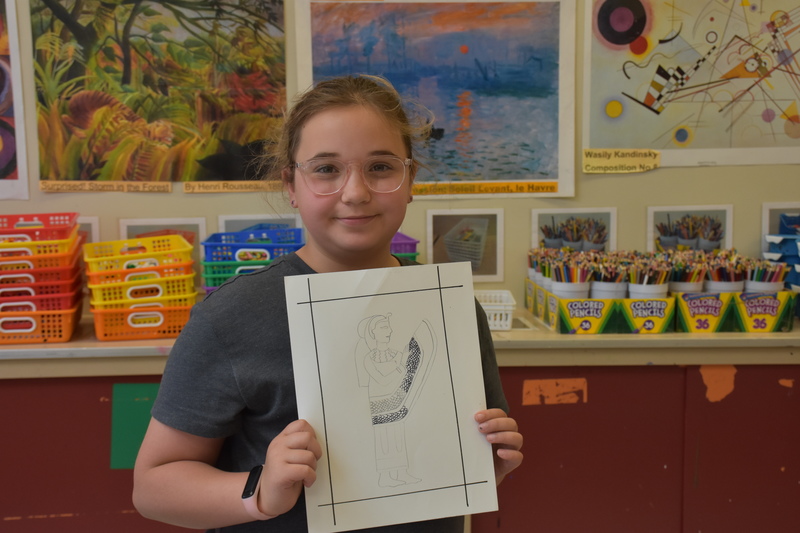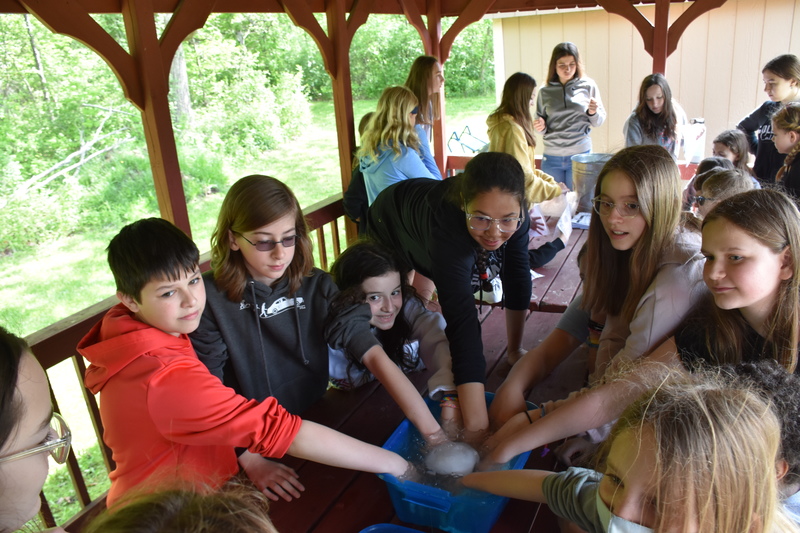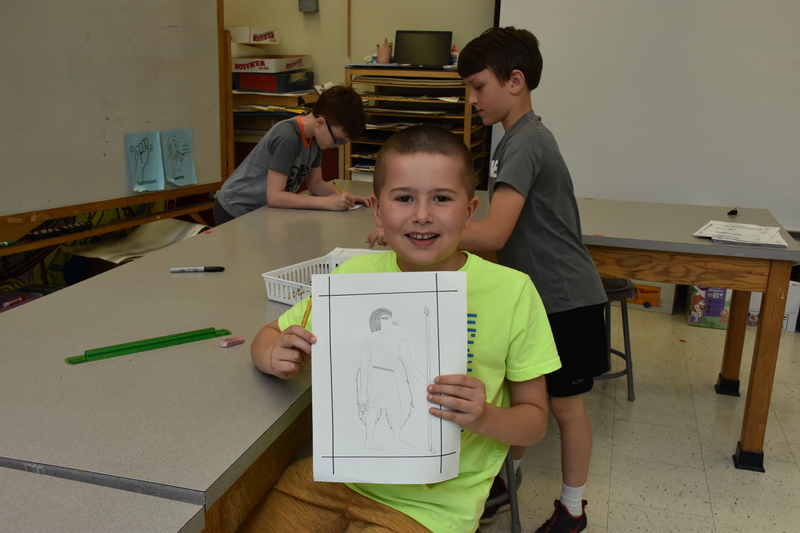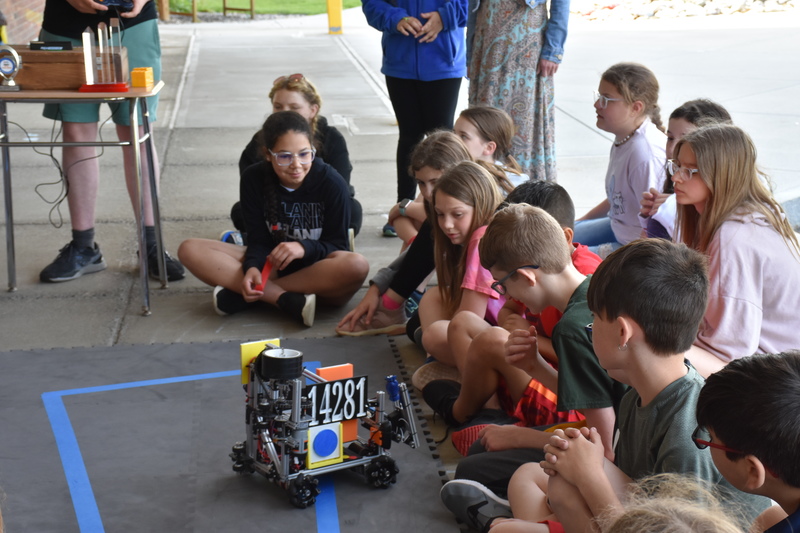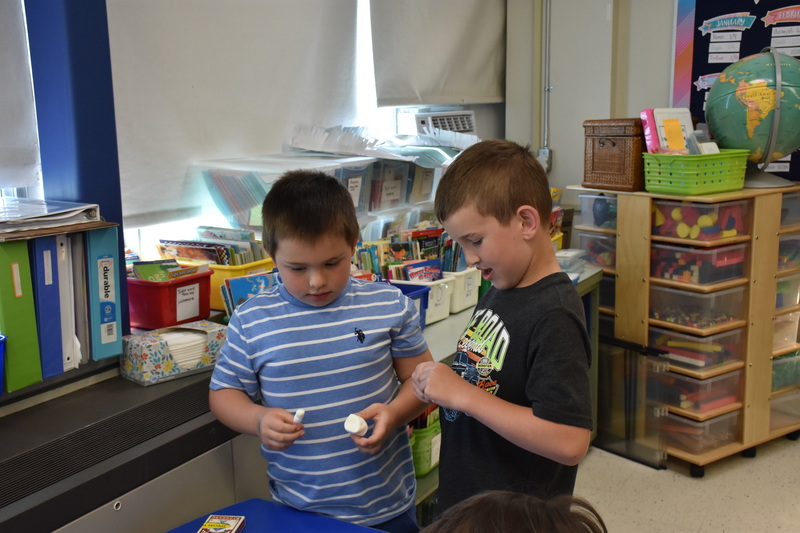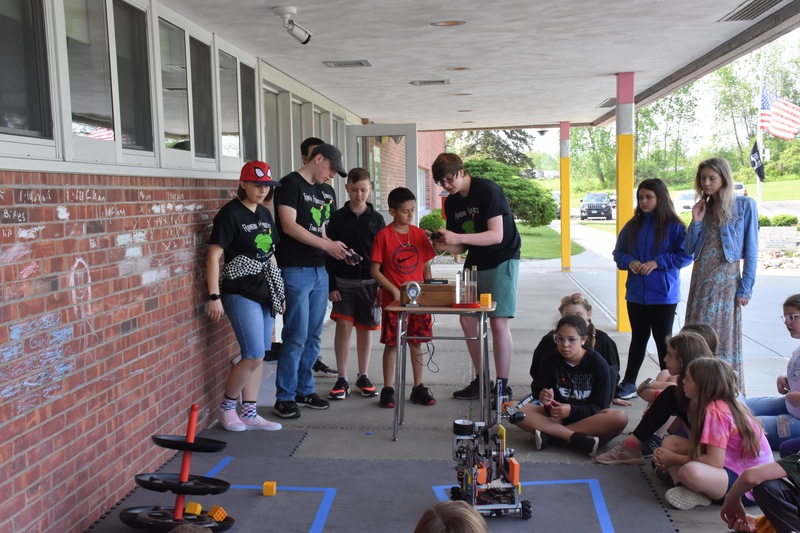Each school year, we continue to understand the positive impact of introducing STEM/STEAM into today’s curriculums -- from the elementary level through high school. As its importance grows, it is quickly changing today’s classroom experience as it relates to the introduction of Science, Technology, Engineering, Arts, and Mathematics (STEAM). These areas are being quickly defined as items of interest and needed for students to be successful, or at the very least, to build skills that increase problem-solving and supply opportunities to strengthen one-on-one or group communication.
To put its importance into perspective, the Bureau of Labor Statistics projects that STEM occupations will grow by 8.8% between 2018-2028, compared with 5% for non-STEM jobs. While that is not a huge leap, it is progressively foreshadowing the importance of STEM/STEAM and its role in supporting academic success.
On Friday, May 20, the A.W. Becker school campus participated in an all-day event that highlighted STEAM activities. From participating with the RCS First Tech Challenge (FTC) Robotics Team to art and math activities, there was something for everyone to learn the basics of STEAM in the building. Students had a chance to learn about and control the Robotics team’s robot, and they also spent time with the high school students working on coding skills. Another activity from the day was with students and staff from the Middle School. Students came over to teach about different topics that relate directly to the theme of the day, artic, like food chains, icebergs, and more!
In addition to these other activities, students had the opportunity to participate in a theme-based STEM challenge. This year’s theme was the Great Arctic STEM Challenge. The challenge is based on a story that was shared with students that centers on the effects of climate change/global warming on the arctic environment. A group of scientists headed to the Arctic circle to investigate the effects of climate change/global warming on the arctic. While they are making their way to their camp, a winter storm comes out of nowhere, and the scientists must find a way to survive the elements. Each grade level was in charge of coming up with designing equipment and supplies to help keep the scientists alive. This problem-solving session allowed the students to experience a number of areas represented within STEM/STEAM.
Pre-k and kindergarten had a theme related to the older grades, but it is based on the book, The Three Snow Bears by Jan Brett (polar version of Goldilocks). The main character Aloo-ki goes through the same experiences as Goldilocks, but when the polar bears return to their igloo, Aloo-ki has to escape. Global warming caused some melting of the ice, and she can’t escape. Students had to build a bridge to help Aloo-ki get across to the other side of the water.
“We are excited to offer a number of opportunities for our students to become interested in STEM/STEAM,” said AWB Math and Science Curriculum Content Specialist Marisa Tutay. “By accessing these resources, we hope to provide them with the basic guidelines to learn while having fun in the classroom. Each project was tailored to allow students to learn more about STEAM while strengthening their ability and interest to learn in today’s classroom.”
Big thank you to all of the students and staff that supported the event! Here are some pictures from the day-long event!



